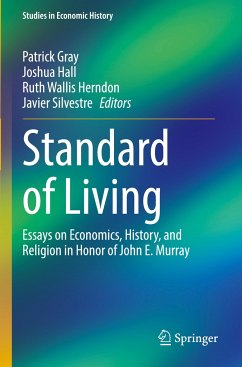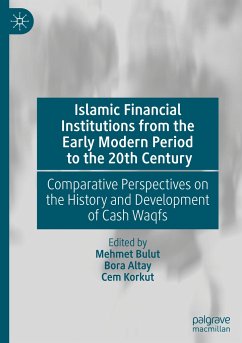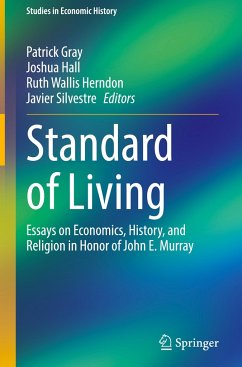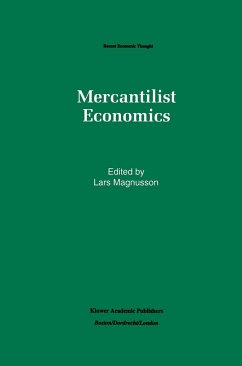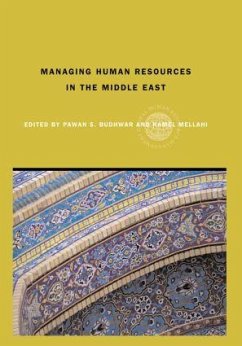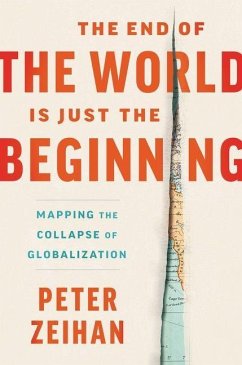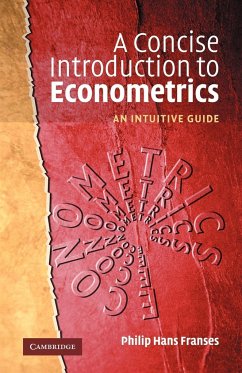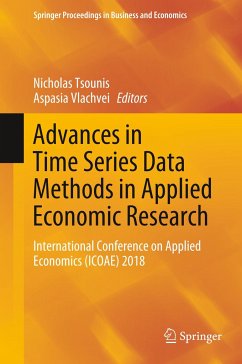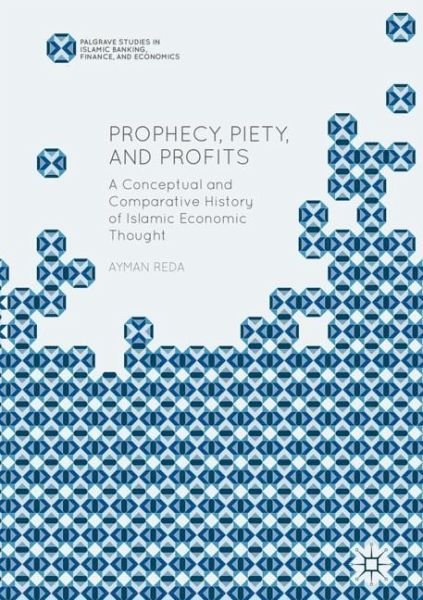
Prophecy, Piety, and Profits
A Conceptual and Comparative History of Islamic Economic Thought

PAYBACK Punkte
38 °P sammeln!
This book examines, in greater depth than the existing literature, the history of Islamic economic thought. It seeks to introduce Islamic views to debates surrounding critical economic concepts, such as scarcity, wealth, poverty, charity, usury, self-interest, rationality, and markets. It does so through a comparative analysis with the views of Judaic, Christian, and secular economic thought. "Prophecy" is meant to signify the theoretical dimension of religion, while "piety" represents its practical element; neither part is feasible without the other. Together, prophecy and piety inform the Is...
This book examines, in greater depth than the existing literature, the history of Islamic economic thought. It seeks to introduce Islamic views to debates surrounding critical economic concepts, such as scarcity, wealth, poverty, charity, usury, self-interest, rationality, and markets. It does so through a comparative analysis with the views of Judaic, Christian, and secular economic thought. "Prophecy" is meant to signify the theoretical dimension of religion, while "piety" represents its practical element; neither part is feasible without the other. Together, prophecy and piety inform the Islamic view of economic concepts and phenomena. This view seeks to adjust our approach to profits, both in this world and the next, and seeks to reexamine what is truly profitable and worthy of sacrifice.





